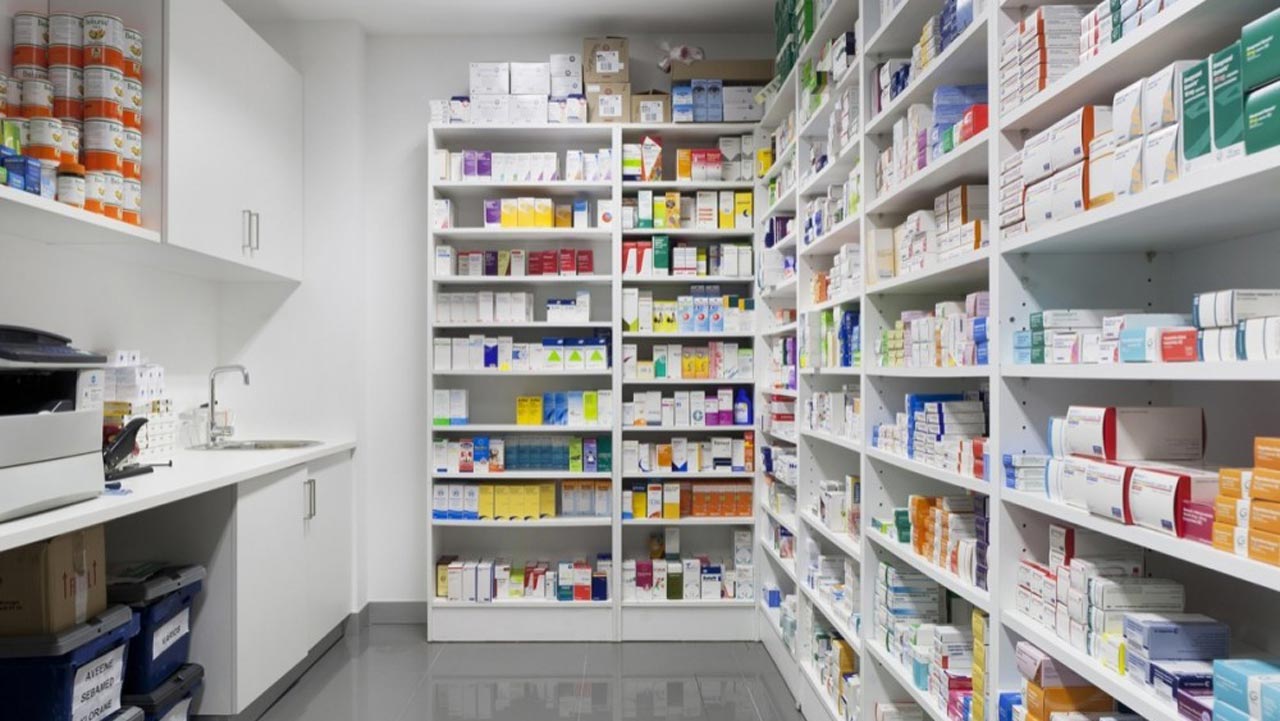At Pharmasltd, your health and well-being are our top priorities. We believe in providing comprehensive information to our customers, empowering them to make informed decisions about their health. In this blog post, we want to shed light on the potentially dangerous combination of medication and alcohol. While medications play a vital role in treating various health conditions, mixing them with alcohol can have serious consequences. Let’s explore three dangerous combinations that should be avoided at all costs.
- Pain Medications and Alcohol
Many pain medications, such as opioids and nonsteroidal anti-inflammatory drugs (NSAIDs), carry warnings about the risks of combining them with alcohol. Both alcohol and pain medications can cause sedation and impair cognitive function. When taken together, these effects can be intensified, leading to extreme drowsiness, dizziness, and even loss of consciousness. Furthermore, mixing alcohol with certain pain medications, particularly opioids, can depress the respiratory system, potentially causing life-threatening breathing difficulties.
To ensure your safety, it is essential to follow your healthcare provider’s instructions regarding pain medication usage and abstain from consuming alcohol while taking these medications.
- Antidepressants and Alcohol
Antidepressant medications are prescribed to help manage mental health conditions such as depression and anxiety. It is crucial to understand that combining antidepressants with alcohol can have detrimental effects on both physical and mental well-being. Alcohol is a depressant and can counteract the intended benefits of antidepressant medications. Moreover, alcohol can worsen the side effects associated with these medications, such as drowsiness, dizziness, and impaired coordination.
Additionally, certain antidepressants, known as monoamine oxidase inhibitors (MAOIs), can interact dangerously with alcohol, leading to a sudden increase in blood pressure, potential organ damage, or even a life-threatening hypertensive crisis.
To protect your mental health and ensure the effectiveness of your antidepressant treatment, it is vital to abstain from alcohol while taking these medications. Consult with your healthcare provider if you have any questions or concerns.
- Sleeping Pills and Alcohol
Sleeping pills, also known as sedative-hypnotics, are commonly prescribed to help individuals with insomnia or sleep disturbances. Mixing these medications with alcohol is a dangerous combination that can have severe consequences. Both alcohol and sleeping pills have sedative properties, which can lead to excessive sedation and respiratory depression when combined.
Combining alcohol with sleeping pills can impair coordination, memory, and judgment, increasing the risk of accidents, falls, and injuries. It can also cause excessive drowsiness, leading to a potential overdose or loss of consciousness.
To ensure your safety and achieve restful sleep, it is essential to follow your healthcare provider’s guidance and avoid consuming alcohol while taking sleeping pills.

